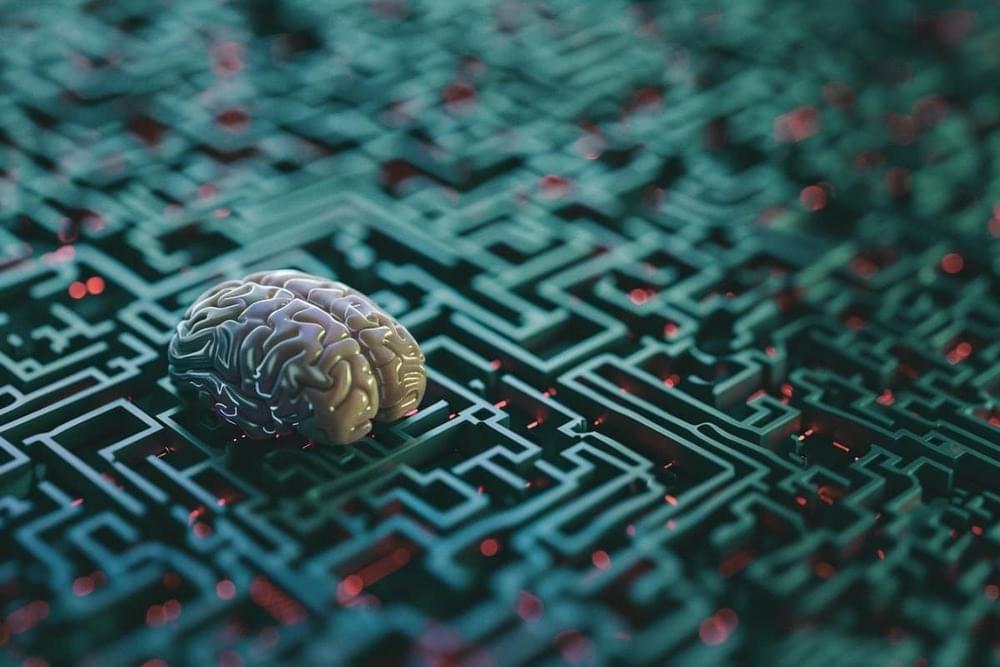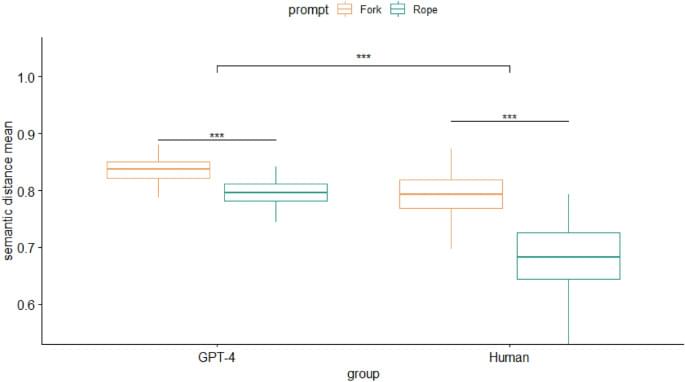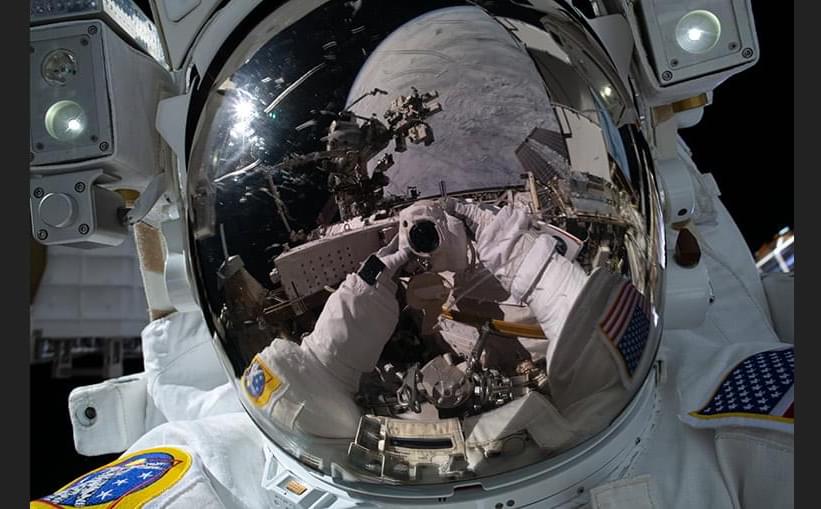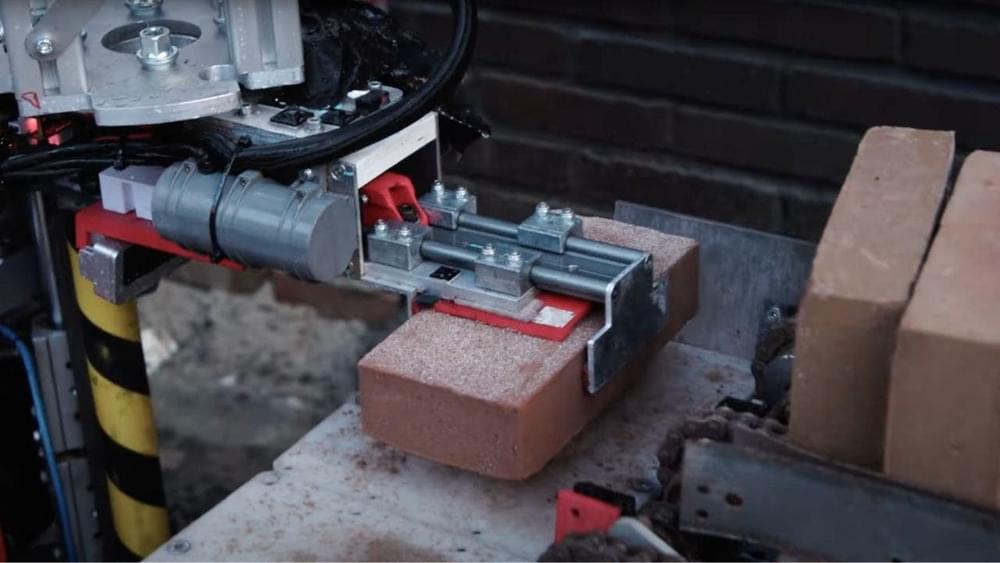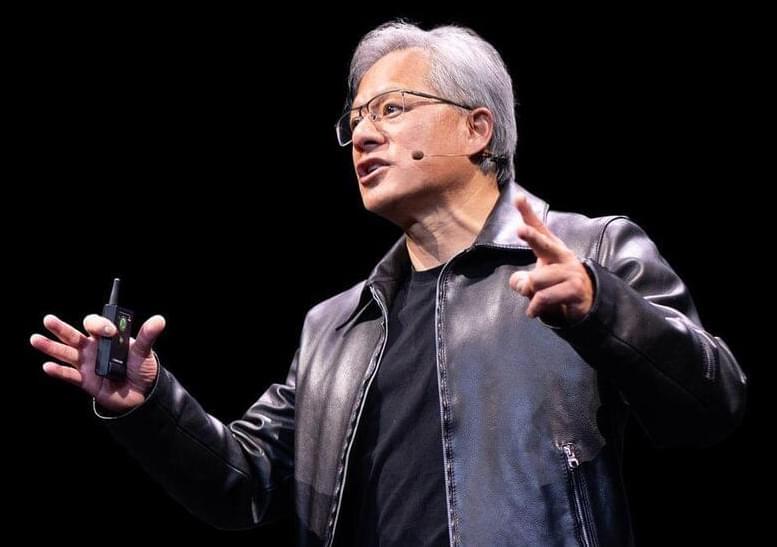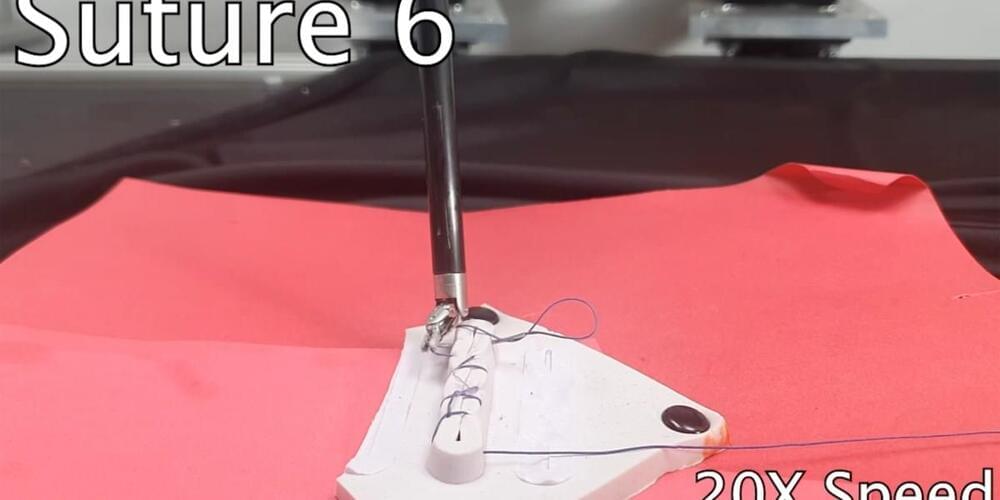Summary: A new study combines deep learning with neural activity data from mice to unlock the mystery of how they navigate their environment.
By analyzing the firing patterns of “head direction” neurons and “grid cells,” researchers can now accurately predict a mouse’s location and orientation, shedding light on the complex brain functions involved in navigation. This method, developed in collaboration with the US Army Research Laboratory, represents a significant leap forward in understanding spatial awareness and could revolutionize autonomous navigation in AI systems.
The findings highlight the potential for integrating biological insights into artificial intelligence to enhance machine navigation without relying on GPS technology.
